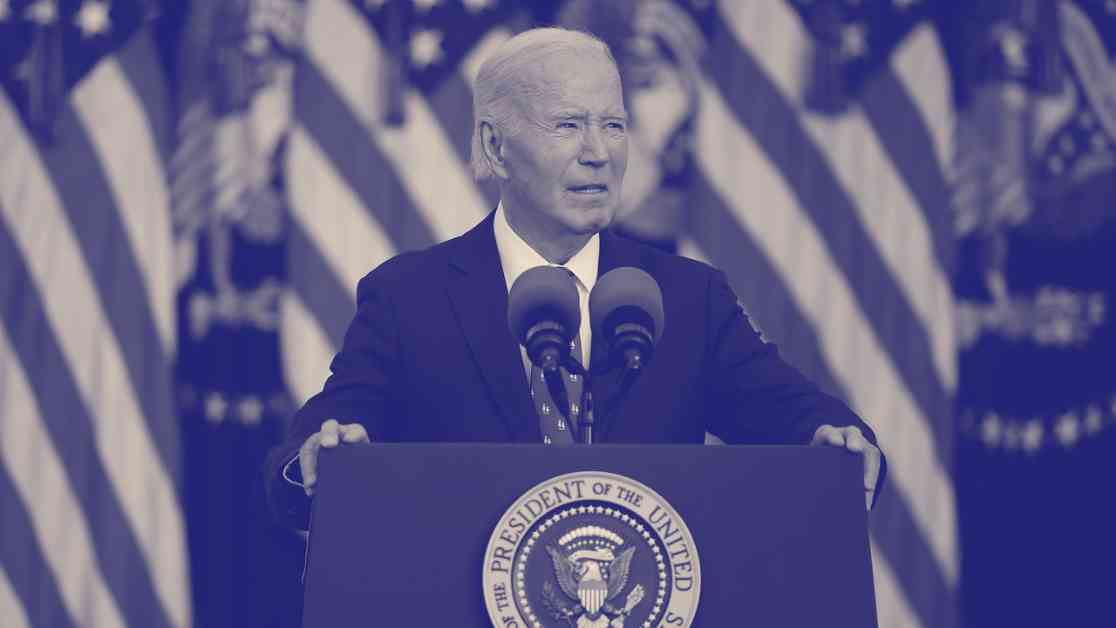Blanket Pardons: A Controversial Solution
In a recent revelation by Politico, members of the Biden Administration are contemplating the idea of offering blanket pardons to various current and former government officials who may be unfairly targeted by the next administration. This decision comes in response to Donald Trump’s vows to seek retribution against political opponents and members of the so-called deep state.
The Key Players Involved
The focal point of this potential controversy revolves around Kash Patel, a close ally of Trump, who has been selected to lead the F.B.I. Patel’s vocal support for going after Trump’s enemies has raised concerns among White House staff about the necessity of utilizing pardons to shield potential targets. Among those at risk of prosecution are prominent figures like Anthony Fauci and Andrew McCabe.
Expert Insight: Pros and Cons of Blanket Pardons
To gain a deeper understanding of the implications of granting blanket pardons, I reached out to Rachel Barkow, a distinguished professor at the N.Y.U. School of Law specializing in criminal law and mass incarceration. Our conversation delved into the practical challenges of safeguarding individuals from Trump’s retaliatory actions, the constitutional validity of blanket pardons, and the relevance of the pardon power in the present day.
Rachel emphasized the need for comprehensive lists when considering whom to protect through pardons. Failing to shield all potential targets could lead to the overlooked individuals becoming subjects of intense scrutiny and prosecution by the incoming administration. Additionally, she highlighted the value of transparency in addressing baseless accusations, suggesting that public investigations could help dispel any doubts surrounding the pardoned individuals’ innocence.
Addressing Concerns and Misconceptions
Rachel debunked the notion that Biden’s decision to offer blanket pardons might set a precedent for Trump to do the same in the future. She emphasized that Trump’s actions are independent of Biden’s choices and should not influence the administration’s decision-making process. Furthermore, she underscored the importance of focusing on what is morally right and beneficial for the individuals at risk rather than anticipating retaliatory actions from the opposing party.
As we navigate this complex landscape of political maneuvering and legal implications, the debate surrounding blanket pardons continues to spark controversy and speculation. The ultimate decision rests on balancing the protection of targeted individuals with maintaining transparency and upholding the integrity of the justice system. Only time will tell how this contentious issue unfolds and its lasting impact on the political landscape.












